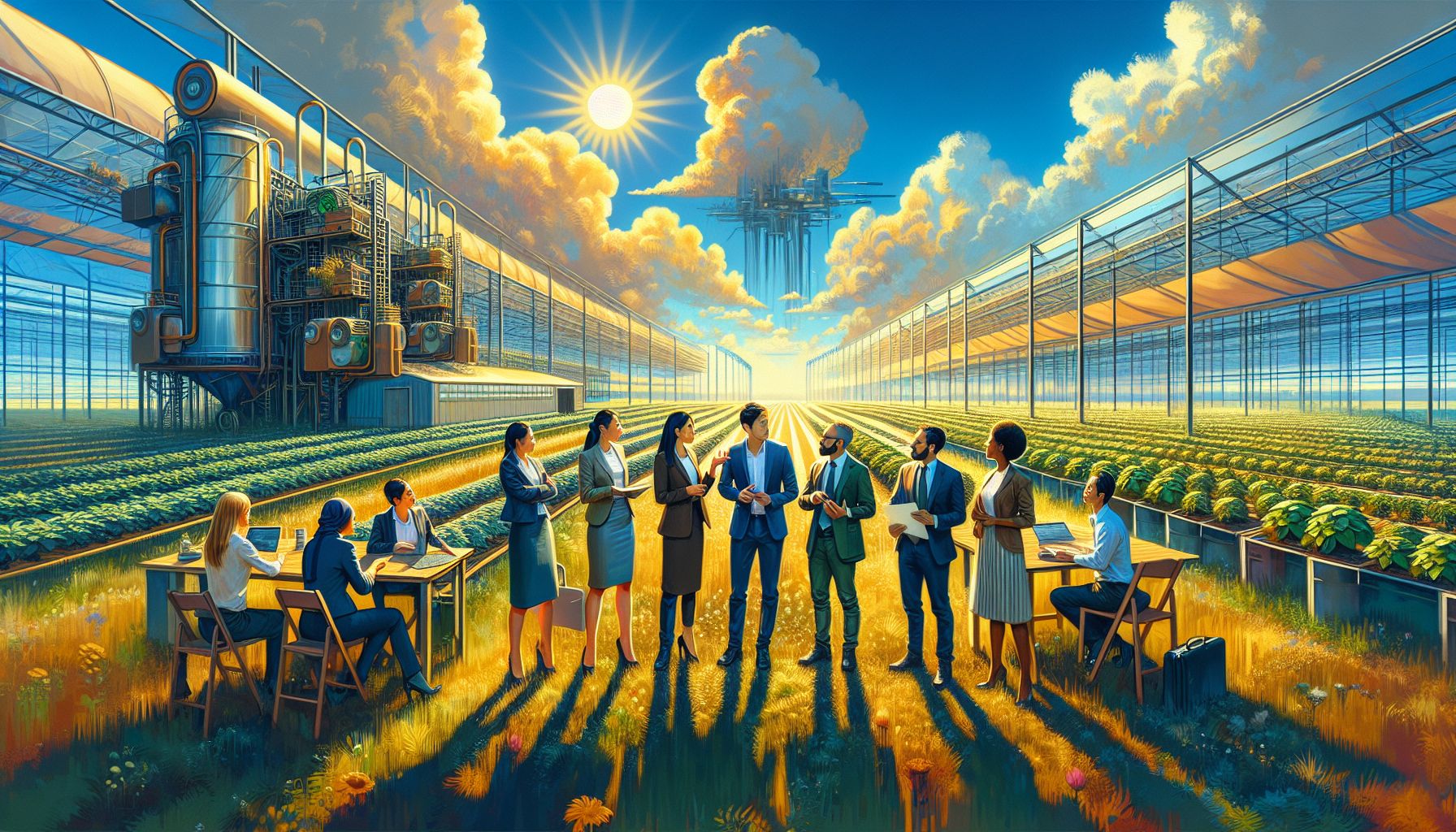EU Agri-Food Leaders Set to Forge New Alliances in Japan

Tokyo, Saturday, 26 April 2025.
The EU Agriculture Commissioner will lead a June 2025 delegation to Japan to enhance trade and promote sustainable agri-food technologies.
Focus on Sustainable Agri-Food Technologies
The European Union is taking significant steps toward enhancing its presence in the Japanese market through its agri-food sector delegates. With Japan being a critical partner in trade, this mission led by EU Agriculture Commissioner Christophe Hansen aims to promote sustainable agri-food technologies. These technologies are crucial for both continents as they help in modernizing food production systems, integrating lab-grown food innovations, and improving overall food security and environmental sustainability [1].
Key Innovations and Leaders in the Field
One of the highlights of this initiative is the exploration and application of innovative food production technologies that reduce environmental impact. For example, lab-grown meat represents a significant shift in reducing agricultural greenhouse gas emissions compared to conventional livestock farming. Companies like Mosa Meat, based in Maastricht, Netherlands, lead in this space, offering cultured meat products that promise a fraction of the environmental footprint traditional agriculture requires [2]. These technologies underscore a paradigm shift in agricultural practices focusing on efficiency and sustainability, in line with the EU’s agricultural vision [3].
Pathways for Trade and Cooperation
The delegation in June 2025 will also see various seminars, site visits, and networking events planned in cities like Tokyo and Osaka. These activities are designed to understand better the Japanese market and consumer trends while creating new opportunities for bilateral trade deals. This mission aligns with the thematic weeks at the World Expo in Osaka, which showcase EU-funded projects and innovative solutions for sustainability in agriculture [1][3]. Such efforts are expected to strengthen EU-Japan relations, opening new avenues for exchange and mutual collaboration on advanced agri-food technologies.
Implications for Environmental and Trade Policies
The focus on laboratory innovations and sustainable practices introduces environmental benefits crucial in the EU’s strategy to reduce harmful chemicals and preserve biodiversity. Through policies mandating the alignment of production standards with EU values, the introduction of low-risk agricultural chemicals, and sustainable practices in food production, this approach promotes ecologically friendly methodologies while maintaining competitive trade practices [4]. The EU’s comprehensive strategy demonstrates its commitment to sustainable agriculture and highlights the cooperative potential with international partners such as Japan [2][4].